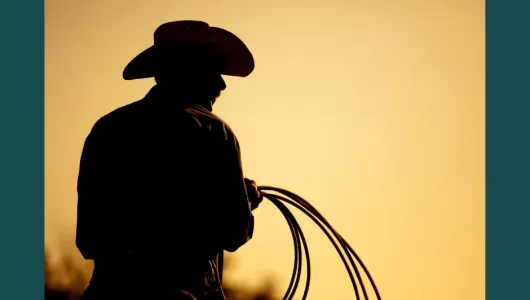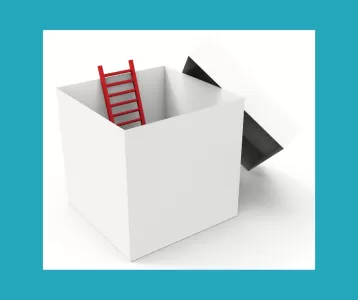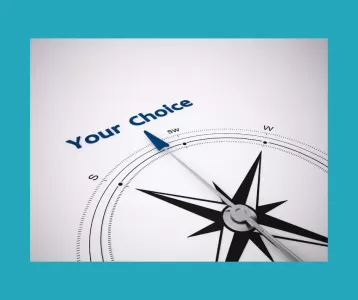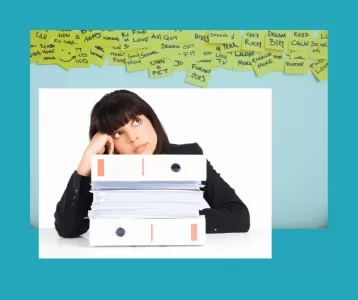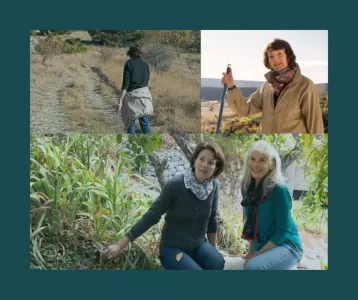How to turn high anxiety decisions into life affirming experiences
I spent a week in July with my grandson. He recently turned two years old. Our thing that week was belly flops on the floor. He from standing and me from my knees. It was fun and it was not sustainable. My visit was also to help my son and daughter-in-law prepare their house for sale. I caulked baseboards, patched divots in the ceiling, painted, and did brush cleanup in the back yard among other activities. We were doing this while they were simultaneously monitoring the listings for their next home.
They would like to have their next home before the birth of my second grandchild.
Who knew the pandemic would result in there being offers over the asking price? The types of homes they were looking at seem to have increased in value by as much as $20 to $50 thousand in the last three months. Economists will easily observe the demand is exceeding the supply. Realtors have been saying this since midwinter. Sellers are getting over asking price. Which means buyers are likely overpaying because of the competition for so few properties. We are told buying low and selling high is ideal.
This market supports the seller at the cost of the buyer. How do you tell this young couple the risk is in buying a property which could be a bad investment? Shouldn’t they sell their home to get the inflated price and then find a rental to wait for the supply to catch up to the demand? If this was purely an investment, then it would conceivably be easier to follow. This is their home. Its’ not about investment, it’s about our life, our family, ourselves. In the frenzy of looking for a home when so many others are doing the same it’s easy to get distracted from what is important. The risk is making a short-term decision with long-term consequences.
How to avoid a short-term decision becoming a long-term problem
When have you found yourself in a similar situation, being stressed by a competitive situation? What was in the center of your anxiety about the purchase? How did it go so wrong and how could I avoid this the next time?
It makes a difference to have a strategy. Buying a home and a car are high on most people’s list of anxiety producing purchases. Here is what I propose so you end up with the home or car you want at a price you can live with. It is bringing together your analyst with your feelings. School has helped us develop the analyst. The analyst compiles the list of what you want in a home? The list will identify your top priorities and most importantly your non-negotiable items?
Your feelings play a role in helping you confirm your priorities. Using feelings is a strategy that is not so well known. As you read down the list pay attention to which items trigger a response, positive or negative. Either will be important. The positive reactions will likely be your true priorities. Those generating a negative or heavy feeling are worth considering. What is it that causes you to feel this way? Is there a way to change the item so it generates a more positive reaction? If not, then it is probably worth using this item as justification avoid a property.
Learning how to identify your feelings can enhance your cost benefit analysis as another characteristic to track. Most of us were told emotions have no place in decision making. The truth is they have always participated. We may not have been aware and at times may have purposely ignored the feelings. Learn how to notice your feelings, to trust them, and to use them for major decisions. It is the most important skill needed to build a life that you love. It takes practice to have this be an effective tool.
How often have you made a favorable decision when trying to beat the competition? My father said emotion has no place in a significant purchase decision. Have logic be your guide. I lived with this guidance and have examples of when I acted out of fear of losing a home, a car, a special chair. Years separated from the date of purchase I can see with clarity my joy was not enhanced enough to outweigh the premium spent.
Are emotions the cause for the poor choice? Have you had experiences for something you purchased because it was a good deal and regretted that purchase? Logic is not sufficient to ensure a “good” purchase.
Buying out of fear that someone else will out bid me should elicit caution. Buying because it has everything, but I don’t love it should elicit a similar caution. The objective is to buy the place which has both. This seems obvious yet so many of us let our emotions trick us. Decisions based upon “fear” come from our primitive mind as we see it as a threat to our survival. Another bidder is not a saber-toothed tiger, but our bodies and mind don’t distinguish. Our minds know survival is about winning. Auctions rely upon this competitive fear. The determination to not be outbid. The fear of losing.
The same is true when I “love” something. The “love” for which I speak is the kind that has me view the house as the answer to all of my doubts, and unhappiness. It will validate my worth. If the love is based on my feeling better when I own this property you might be equally disappointed when your unhappiness returns as buyer’s remorse.
Use both your logic and your emotions to pick the next house. Start with listing what you are looking to buy, what features, details, and price. Can you determine the range of value for which you are looking before you begin the bidding process?
In parallel, use your emotions to help you refine the choices. For example, what features of a house get you excited? Size of the yard, number of floors, what about towns, or bedrooms? Many of these may not evoke any response whereas there may be a handful in which your body responds perceptibly. This is the response you should note. It could be excitement or dread. Either can help you see what is important to you. The same should be used before you submit your offer. Notice what your body is telling you. If you aren’t feeling excited, then you should adjust the offer until you feel the excitement. No excitement, no sale.
The way to find the life that you love is to cultivate your relationship with yourself. Learn to listen, honor, and act upon your experience. No one else knows better than you what living a life you love looks like.


